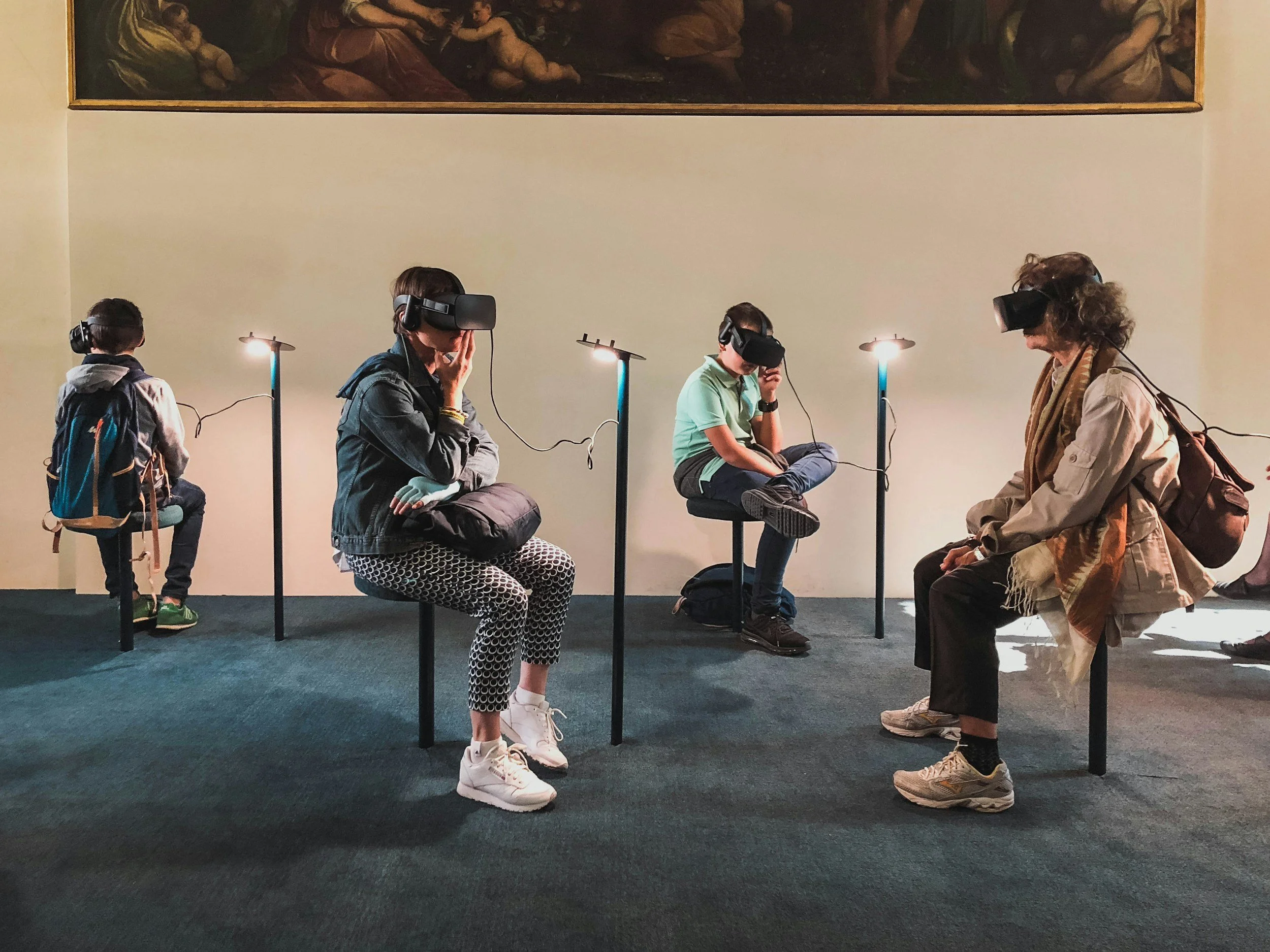
Let’s Live Now
Dr. Rachel Hollander’s blog on mindful living
for recovery from chronic pain & neuroplastic disorders
and for ongoing wellness of mind, body & spirit

(Guest) Post #10: How I Healed My Neuroplastic Symptoms — and Why I Built Nervana to Help Others Do the Same
My name is Nora Rodden, and for years I lived with neuroplastic symptoms like pain, digestive issues and insomnia that disrupted my life. Here’s my story, what I wish someone had told me on day one, and why it led me to create Nervana, a neuroscience-based app to help people retrain persistent symptoms when the body has structurally healed.
by guest blogger Nora Rodden
5-min read

Post #9: The 13 Keys to Neuroplastic Healing: Your Guide to Getting Back to Living
Neuroplastic healing involves self-directed techniques that target the root cause of neuroplastic symptoms: the brain and nervous system. Here are 13 Keys to Neuroplastic Healing: Your Guide to Getting Back to Living.
by Rachel Hollander, MD, MPH
6-min read

Post #8: After Recovery, Gratitude for the Lessons Taught by Neuroplastic Symptoms
The upcoming American Thanksgiving holiday inspires me to write about how, ironically, many people who have recovered from neuroplastic symptoms are grateful to have had their symptoms. Newfound self-compassion, empowerment, improved relationships, and greater spirituality are common themes in published writing and from personal anecdotes shared with me on the topic.
by Rachel Hollander, MD, MPH
5 min read

Post # 7: 8 Practical Takeaways from the 2025 ATNS Conference to Heal Neuroplastic Symptoms
The Association for the Treatment of Neuroplastic Symptoms (ATNS) encompasses about 1000 practitioners and members of the general public from practically every continent. The 2 ½ day annual ATNS conference last month in beautiful Boulder, Colorado buzzed with excitement among a “tribe” of 350 people. Get ready for the “red pill” paradigm shift and learn 8 conference takeaways for healing neuroplastic symptoms.
By Rachel Hollander, MD, MPH
6 min read

Post #5: Daily Virtual Reality: Sensation vs. Perception and the Production of Neuroplastic Symptoms
Reality is greatly influenced by perception and perception is influenced by life experiences. How can we heal stress-related symptoms if they are based on past experiences coded in the unconscious? Change your habits of mind and you can create a new reality. Includes personal anecdotes and 6 ways to prevent and unlearn neuroplastic symptoms like chronic pain and others.
by Rachel Hollander, MD, MPH
6 min read

Post #4: Rest Allows Space for Healing & Preventing Stress-Related Neuroplastic Symptoms
Sleep is not the only form of rest. Daytime rest should be valued as well, through meditation, slowing down, mindfulness, and flow experiences. Even creating separation and asserting boundaries are forms of rest. Rest is a need, not an indulgence. It allows space for healing and preventing stress-related neuroplastic symptoms through observation, contemplation, and connecting with intuition. Complete with wisdom teachings and personal anecdotes.
by Rachel Hollander, MD, MPH
5 min read

Post #3: The Mind-Gut Connection
Life is like the bathroom: Sometimes everything comes out smoothly, but other times we find ourselves pushing through it. “Full” of a lot of puns and a little bathroom humor, the following is a brief selection of conditions for which a mind-body approach can restore GI function.
by Rachel Hollander, MD, MPH
7 min read

Post #2: Mind-Body Healing Through Neuroplasticity
Neuroplasticity describes how the brain responds to life experiences, and emotional and structural injury, by creating new neural circuits, not just in childhood, but throughout the lifespan. The interrelationship of thoughts, emotions, and hormones can create debilitating health conditions. Fortunately, guided techniques and emotional processing can produce healing.
by Rachel Hollander, MD, MPH
7 min read

Post #1: Mindful Courage
Mindfulness means being fully present in the now. Yet it does not disregard the past or future. Be mindful and courageous in confronting your past experiences and in guiding your future to free yourself from chronic pain and neuroplastic symptoms.
by Rachel Hollander, MD, MPH
6 min read

